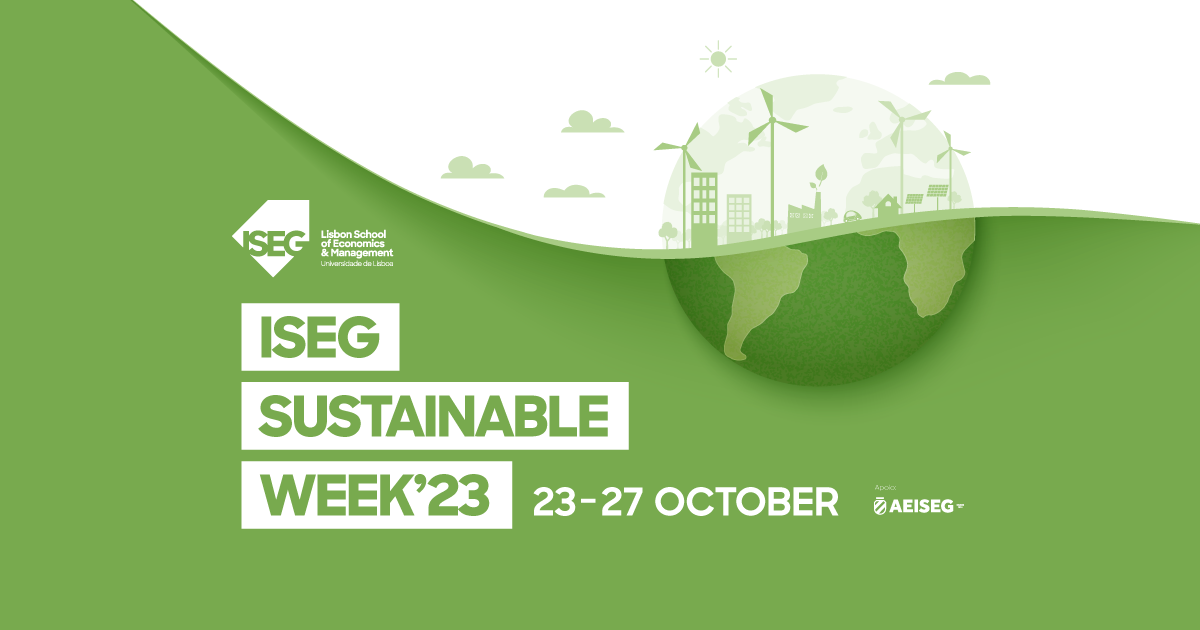Labor Futures: Policies, Strategies and Prospects
Date: November 27th and 28th, 2015
Location: FCSH-New University of Lisbon
Presentation
Faced with the crisis and the profound economic and financial adversities affecting contemporary capitalism and confidence in the future, work, organizations and professions have undergone profound transformations in their practices, contents and meanings. In turn, in a context of regression of the Welfare StateThis is visible in the privatization and outsourcing of multiple public services (e.g. health, education, social action), hit by growing waves of underfunding: i) exaltation of a "culture of risk"; ii) demand for constant commitment from workers; iii) appropriation of managerial and administrative control, which is increasingly being applied to all professional groups under pressure from the logic of productivity and cost/benefit; iv) subtle intensification and rationalization of work organization models; v) the non-linearity of professionalization processes, marked by continuous reconversions, which make training decisions unpredictable; vi) pressure for continuous flows of organizational and professional mobility, which are unstable and difficult to integrate; vii) difficulties of self- and hetero-identity-referencing in the face of experiences of unemployment and social exclusion for a growing number of social groups, especially young people, women, unqualified or low-skilled individuals and older workers; viii) the reflux of state regulation in the economy in general and in work (and employment) in particular, with effects on the unprotection of workers, especially those mentioned in the previous point, and the de-unionization of large swathes of the working population.
In short, the global processes of social change have led to significant transformations in organizations, work, professional groups and citizens in general. However, the contours of these dynamics remain largely unknown, forcing social scientists to confront questions that need to be answered: what future can be anticipated in an uncertain context? To what extent are forms of socio-professional attachment and the full exercise of citizenship preserved or guaranteed in a context marked by crisis and precariousness?
APSIOT invites the submission of abstracts for communication proposals, of a theoretical and/or empirical nature, which address these issues, regardless of their theoretical basis and methodological approach. We also invite the presentation of narratives of experiences in multiple work contexts in the voice of the professionals themselves.
Proposals for thematic axes
1. Globalization, SMEs and competitive internationalization
- Greening companies and management green
- Quality of life and working conditions
- Technology, communication and risks
- Privatization, liberalization and reconfiguration of public services
2. (Trans)national employment markets
- Underemployment, precariousness and unemployment
- Migration, labor rights and citizenship
3. Education and training in the workplace
– Forms of subjectivity production at work
– Professional, family and personal trajectories
4. Profession, Professionalization and Professionalism
- New Public Management and its impact on the professions
- Hybridization of forms of work organization and professions
- Professional knowledge and organizational streamlining
5. Social dialogue and the challenges of collective bargaining
- Impact of public employment policies on workers and processes of (de)unionization
- Between corporatism and associationism: challenges for the regulation of work and employment
6. Development, policies and partnerships
- Political Participation and Leadership
- Social innovation and entrepreneurship
- Equal opportunities and gender
- Local development and social economy
- Partnerships / inter-organizational networks as agents of change
Send communication proposals (abstracts) to:
apsiot@net.vodafone.pt
Important dates:
Submission of abstracts (paper proposals) by 06-09-2015
Rules for abstracts:
- Up to 300 words (with title, but without identification, bibliographies, etc.);
- Attach to the abstract file the file with the Registration Form/identification saved in the current format (Word 97-2003-or 2004);
- A maximum of 2 abstracts per author will be considered;
- The registration fee per author attending the meeting will be paid after acceptance;
- Only papers presented in person at the meeting will be considered for publication.
More information on abstract rules, registration form, general program, etc..:
Through the APSIOT website: www.apsiot.pt











